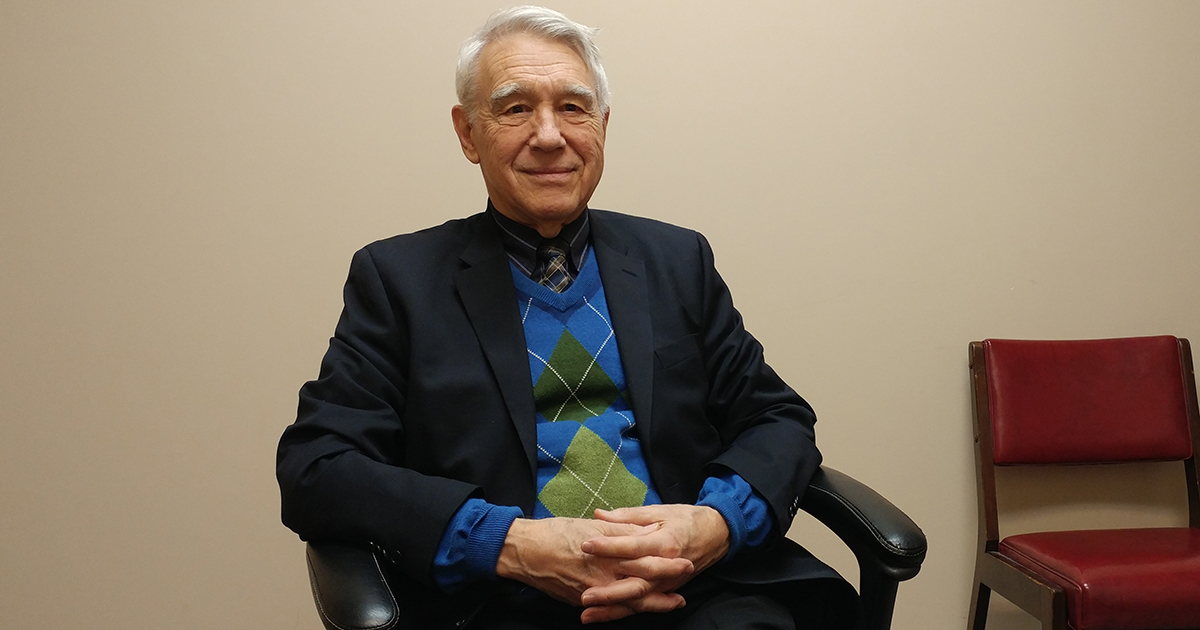An international gathering of Anglicans, Roman Catholics, and Ukrainian Catholics will unite in Regina next spring for a timely ecumenical discussion on the role of deacons in the church.
The Anglican-Roman Catholic-Ukrainian Catholic Conference on the Diaconate will take place from May 10-13, 2018 at Campion College in the University of Regina. Registration is now open for the conference, which is sponsored by the Anglican Diocese of Qu’Appelle and the Roman Catholic Archdiocese of Regina.
Speakers and panelists include leading authorities on the diaconate, representing the Anglican, Episcopal, Roman Catholic, and Ukrainian Catholic traditions and hailing from Canada, the United States, England, and Scotland. Topics will include the liturgical role of deacons, women and the diaconate, the prophetic role of the deacon, and relationships between deacons and other ordained ministers.
In comparison to last July’s meeting of the Association of Anglican Deacons in Canada, the upcoming conference is “more of an academic conference about the diaconate,” conference secretary Canon Michael Jackson said.
“We hope lots of deacons are going to come … but it’s a conference about the diaconate, and anyone who’s interested in the diaconate is welcome to attend,” he added.
The idea for the conference emerged out of a covenant signed between the Anglican and Roman Catholic dioceses around Regina in 2011. Jackson, the Anglican co-chair of the Anglican-Roman Catholic Covenant Implementation Committee, is also the longest serving deacon in the Anglican Church of Canada, having served as an Anglican deacon for four decades. He hoped that the conference would lead to a better awareness and understanding of the diaconate, which he described as a very “current topic” in light of the revival of the permanent diaconate in the Anglican and Catholic churches.
“The diaconate is still not fully understood in both our communions, and I hope we’re going to get a better theological basis for the diaconate, a better understanding of it, and what deacons can do and their potential in the church,” Jackson said.
“There is still this underlying view among Anglicans or Roman Catholics [that] ‘Well, a deacon’s just a partway-there minister. Really, the full ministry is the priesthood.’ And we are arguing that no, the diaconate is … a full and equal order. There are three orders of ministry in our traditions … bishop, priest, and deacon. And we’re trying to re-establish the deacon as an order in its own right, with its own integrity in the church—whether it be in the structure of the church, in liturgy, in ministry.”
Recent Anglican discussion on the diaconate has centred around The Iona Report, which outlined a new list of competencies for deacons.
Roman Catholics are currently embroiled in a debate regarding the ordination of women as deacons, following the establishment by Pope Francis of a Vatican commission to study the issue.
Lead Catholic organizer Brett Salkeld, currently archdiocesan theologian for the Archdiocese of Regina, said that the conference also reflected the good working relationship between the Anglican and Roman Catholic dioceses based in Regina. The two churches have started a diaconate formation program together that is now in its fourth year, with its first cohort set to be ordained in June.
“In a diocese where this will be our first cohort, a lot of people don’t really understand the role of the deacon,” Salkeld said. “So it’s really important for us to communicate that a deacon is its own specific ministry, and that it’s not like a miniature priesthood. It’s a different thing.”
“The idea for this conference was perfect,” he added. “It’s a bunch of people who already know each other and who like working together … able to work on something that both of our dioceses are pursuing right now.”
Conference fees are $250 per person and include all activities and meals, but do not include accommodation. Registration will be open until April 29, 2018.
Register now for the conference.
Interested in keeping up-to-date on news, opinion, events and resources from the Anglican Church of Canada? Sign up for our email alerts .

